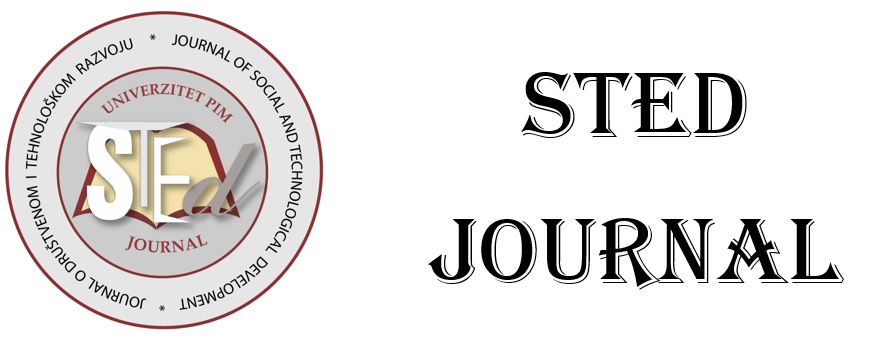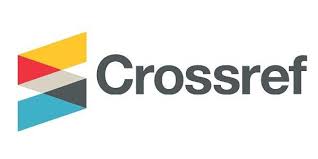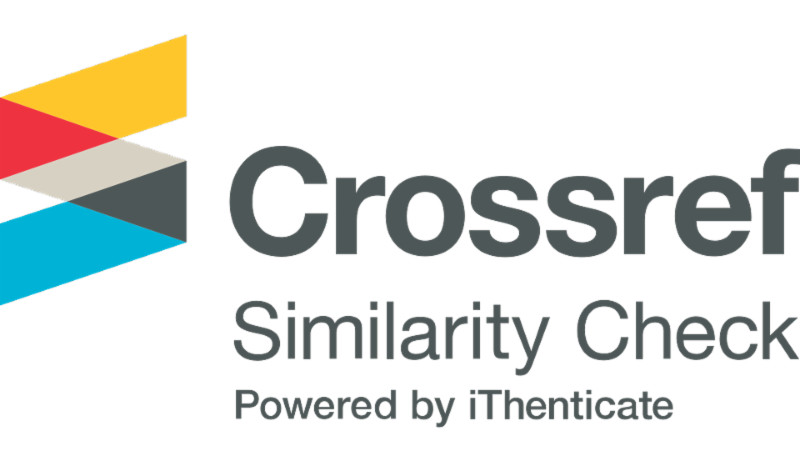
More articles from Volume 3, Issue 1, 2021
PORODIČNO AFEKTIVNO VEZIVANJE I AGRESIVNOST KOD NEPSIHOTIČNIH POČINILACA NASILNIH KRIVIČNIH DELA
AFEKTIVNA VEZANOST U DJETINJSTVU KAO PREDIKTOR STRESA, ANKSIOZNOSTI, DEPRESIVNOSTI I ADVERZIVNIH ISKUSTAVA KOD MLADIH
INTERPERSONAL RELATIONSHIP AS A FACTOR OF JOB SATISAFACTION
REGIONAL COOPERATION OF DEVELOPMENT IN LOCAL GOVERNMENT (CASE IN THE PROVINCE OF EAST JAVA, INDONESIA)
УПОТРЕБА ИНТЕРНЕТА У ПРЕДУЗЕЋИМА У РЕПУБЛИЦИ СРБИЈИ ЗА ВРЕМЕ ПАНДЕМИЈЕ COVID-19
Article views
REGIONAL COOPERATION OF DEVELOPMENT IN LOCAL GOVERNMENT (CASE IN THE PROVINCE OF EAST JAVA, INDONESIA)
Faculty of Social and Political Sciences, Diponegoro University , Semarang , Indonesia
Faculty of Social and Political Sciences, Diponegoro University , Semarang , Indonesia
Muhammadiyah University of Ponorogo , Ponorogo , Indonesia
University of Brawijaya , Malang , Indonesia
Received: 28.12.2020.
Accepted: 05.04.2021. >>
Published: 28.05.2021.
Volume 3, Issue 1 (2021)
pp. 30-38;
Abstract
Decentralization in the field of local government is very necessary for regional development, it is highly recommended by local governments to improve the economy or form new regional planning. Different conditions between neighboring regions make cooperation as an alternative in the development process. This paper is a literature review of an inter-regional cooperation between local governments that can lead to development progress. In this paper an example is given of cases in the East Java Province in which the province has done a lot of cooperation between regions, but even so there are still many weaknesses that exist in the implementation of such cooperation so that development cannot be carried out properly.
Keywords
References
Citation
Copyright
All papers are licensed under a Creative Commons Attribution 4.0 International License.
Article metrics
The statements, opinions and data contained in the journal are solely those of the individual authors and contributors and not of the publisher and the editor(s). We stay neutral with regard to jurisdictional claims in published maps and institutional affiliations.











